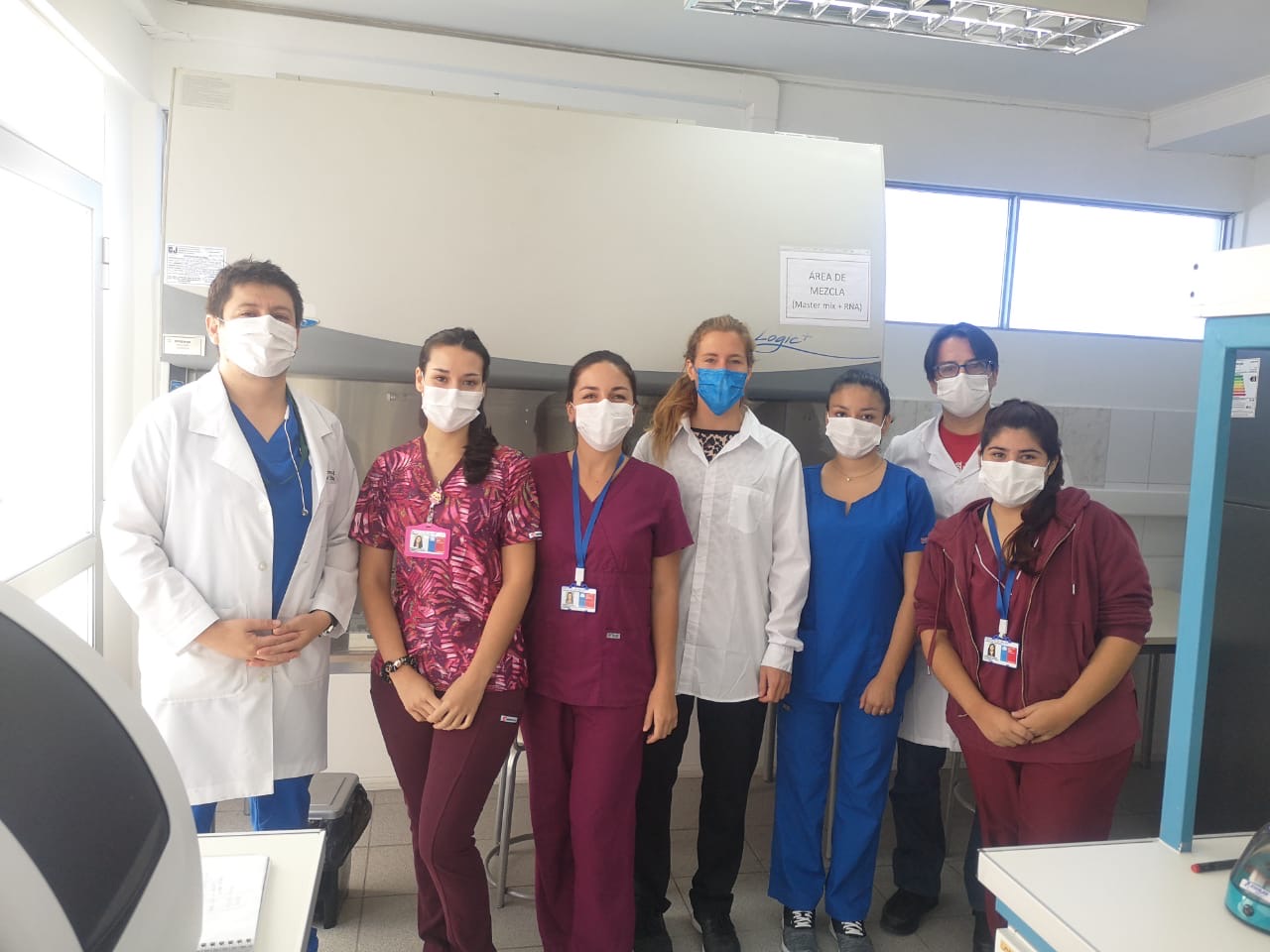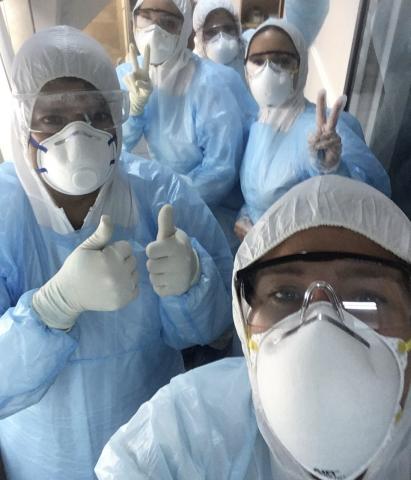Katie McConnell, a third-year ARCS Scholar at Oregon State University, defended her MS in Microbiology and Minor in Risk and Uncertainty Quantification in Marine Science in September. With diploma in hand she began teaching university-level science for Wildlands Studies, a wilderness-based field studies program. From January through March, she co-led 18 students from the United States through the northern Chilean Patagonia background for the 15-credit course encompassing Environmental Science, Natural History and Culture.
Suddenly Katie’s life was impacted by the COVID-19 epidemic. Her flight back to the USA was cancelled and no international flights were available out of Chile. She is also missing a postponed trip to Japan in May to attend the Marine Socio-Ecological Systems (MSEAS) conference to give a presentation on student representation in graduate transdisciplinary education. She is hopeful that she will be eligible to attend next year.
She is currently in quarantine in Iquique, Chile, and she began volunteering in a COVID-19 diagnostics lab. For her MS in Microbiology and Minor in Risk and Uncertainty Quantification in Marine Science at Oregon State University, she learned how to use PCR to amplify 16S gene amplicons to study the ecology of tropical coral microbiomes within a socio-ecological island system. So, when she read in the local newspaper that the Universidad Arturo Prat (UNAP) had dedicated 3 qPCR machines to develop a new diagnostic facility for the region, she contacted the director of research to offer her services and was immediately invited to help set up the new facilities.
“I'm happy to report that just this last week we were validated by Chile's Instituto de Salud Pública and immediately began receiving 30-90 nasopharyngeal samples from the local hospital per day. This means that we increased local testing capacity and also reduced turnaround time for some results from ~6 days to less than 30 hours. We hope that this will help our community contain the spread of the COVID-19 and save lives. It has been a rewarding and rich learning experience transferring my skills to the public health sector, working alongside a team of doctors, medical technologists and technicians to get things up and running,” Katie said.
Katie continued, “Our lab uses a method of Reverse Transcription "Real-Time" Polymerase Chain Reaction (RT-qPCR) that amplifies 3 genes known to occur in the SARS-CoV-2 genome. If these genes are present in a patient's sample, molecular probes will begin to fluoresce as PCR occurs within the thermocycler and an optical component within the machine registers them. It also registers at what point during the run fluorescence began. This way, we can tell which samples have the presence of the virus and which ones don't.”
In the photo the lab just finished their first set of RNA extractions. Their job is not high risk since they do not work directly with patients. The highest risk comes in their first step of the RNA extractions when they add a lysis buffer to the sample material. After that, all virus particles should be inactive.


